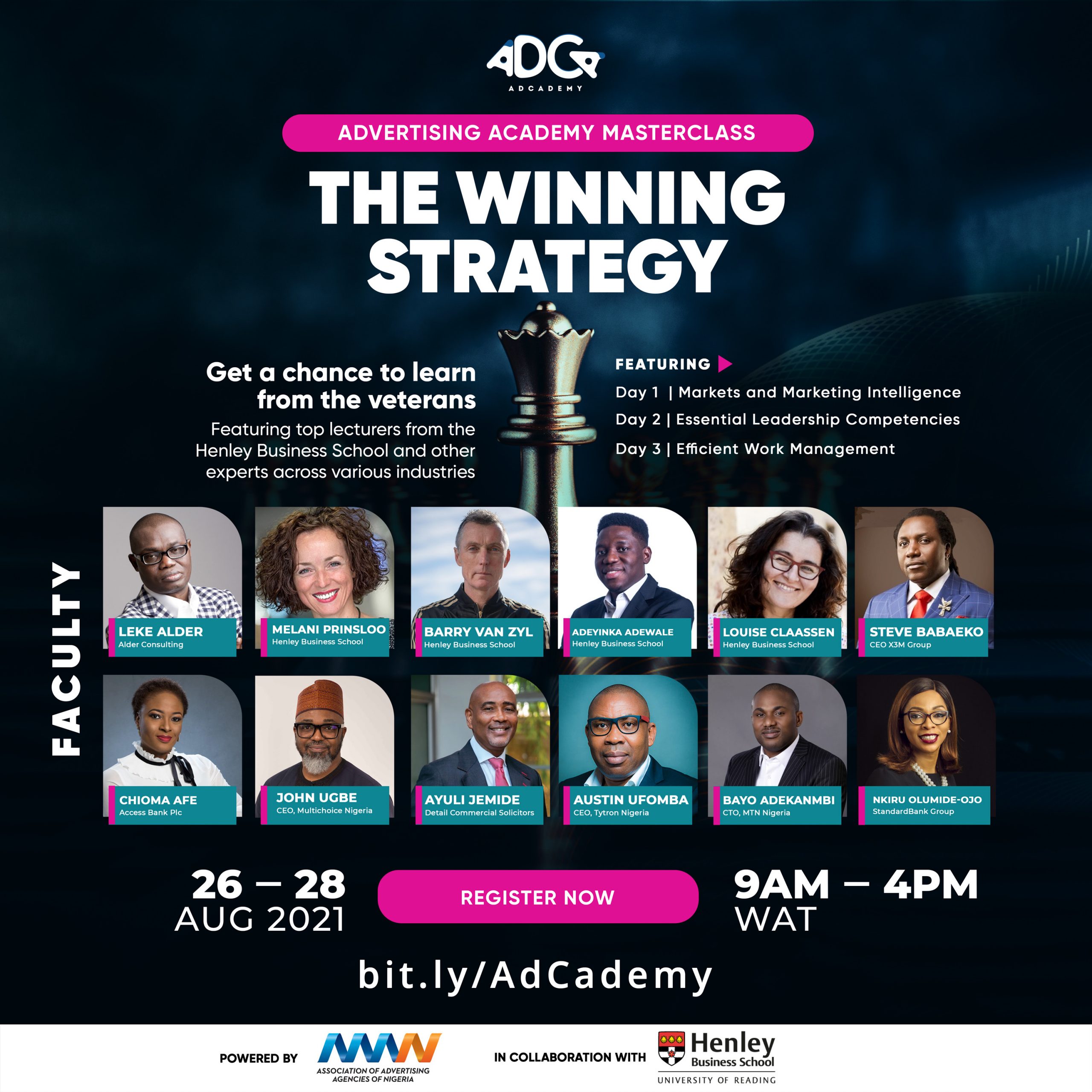By Zion Rufus
Marketers have urged company leaders to dispel the notion that marketing is a quick fix that can be turned on and off like a switch.
Noting that marketing is a complex, multi-faceted process that takes time, effort, and experimentation to yield results, these marketing professionals advised decision makers in the marketing and advertising landscape to not see marketing as a one-size-fits-all solution that can be quickly implemented to generate immediate results.
“The downsides of this perception is that it pushes marketers to resort to vanity dashboards that show lead indicators, forgetting lag indicators,” said Jitesh Bajaj, head of digital transformation at Tesco in a LinkedIn conversation.
According to Deny Setiyadi, marketing manager at InCorp Indonesia & Vietnam, marketing is the most underrated function of the company, especially when company leaders fail to recognise that it is complex and multi-faceted and not just a lead generation tool.
“It’s sad to see how companies keep building and adding new sales teams and completely ignoring to develop their marketing one and yet they expect marketing to generate more leads for them ASAP. Marketing breeds innovation and value to the company,” he said in a LinkedIn submission.
Chris Walker, CEO of Refine Labs believes it is a weird phenomenon that people have clear expectations of what’s realistic in other functions in terms of timeline and never apply it to marketing.
“It’s easy to light up dashboards with “leads” that don’t close. You don’t just hire an internal team or an agency, flip a switch, and magically marketing works to sell your $50k SaaS tool. That’s not how it goes. It takes a ton of work & experimentation to lock in. With a new marketing program in Enterprise SaaS, your time window to evaluate success should be 4-12 months. 4 months minimum. It’s time to change this perception so marketing teams can get enough time and space to find new programs that actually drive business results,” Walker advised in his LinkedIn podcast.
Cyrielle Czyzewsk, a creative marketing and communications expert argued that the role of marketers has become highly misunderstood both by clients and boards. She maintained that for most of them, marketing makes sense only if it brings leads and shows high ROI.
She stated: “We are not magicians and there is not one magical formula for all brands on the market to succeed. Also, the impact of our work depends on so many factors that are beyond our reach like the product/service itself, pricing, customer service; not to mention the fact that some companies do not have any strategy and still do not want one. You need some solid nerves to work in this field.”
However, David Kirkdorffer, an executive marketing consultant, believes that most demand-generation professionals arrive at a new job to find a lot of pent-up need from Sales to “get started quickly.”
“When this happens, it’s even harder for the new demand generation professional to build correctly. But there is hope. If the new professional can research the company’s historical sales data and point out what IS and is not working it can help to support the case of doing things differently,” he explained.
Today, marketing has become a crucial aspect of any business as it involves testing channels, ad placements, branding, experimenting and exploring new strategies and making adjustments.
“Marketing takes time,” Walker continued.
“Channels, targeting, messaging, creative, content strategy, publishing cadence, operational infrastructure, agile feedback and iteration, and you need lag time to validate its impacts on the business. Building your Sales team from the ground up takes time. Building new features into your product takes time. Everything in business takes time.”







Comment
No comments found.